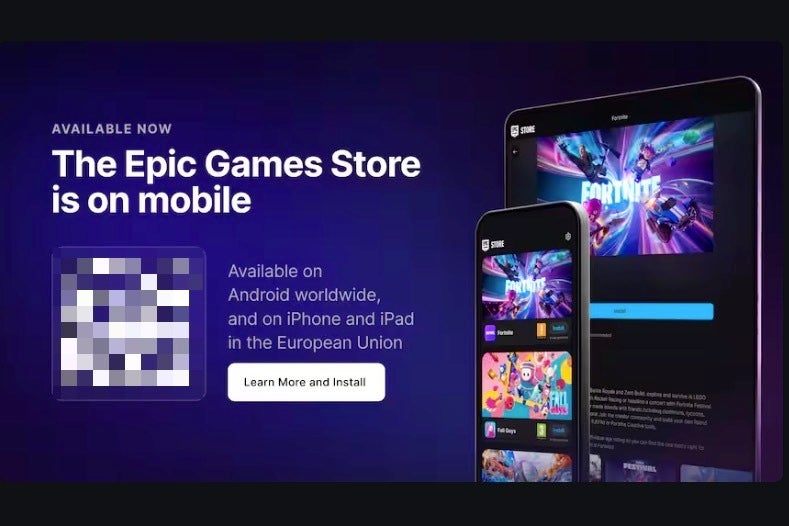New ruling on Epic case forces Google to open the Play Store to competitors, Google responds

A three-person committee, formed by Google and Epic Games, will monitor Google’s compliance and address any technical issues arising from the ruling. Google has expressed its disagreement with the decision, arguing that Android’s open platform already provides developers with various app distribution options.
How this all started
In December, a jury found Google’s Play Store to be in violation of US antitrust laws, stating that the company held an illegal monopoly on app distribution and in-app billing for Android devices. The jury also concluded that Google’s agreements with other gaming companies and device manufacturers were anti-competitive.It’s important to highlight how this ruling diverges from the Epic Games lawsuit against Apple. While both cases centered on antitrust concerns and app store practices, the outcomes were significantly different. In the Apple case, the court largely sided with Apple, maintaining the company’s control over its App Store and in-app payment systems.

Epic currently advertises on its website the current state of availability of its app. | Image source — store.epicgames.com” 
Google responds and warns of unintended negative consequences
Google contends that the decision contradicts the previous ruling in the similar case Epic brought against Apple, despite Android being an open platform that has always allowed for choice and flexibility, including multiple app stores and sideloading. The company plans to appeal the decision and seek a pause on Epic’s requested changes pending the appeal.
- Direct competition with Apple for consumers: Google asserts that the decision wrongly classifies Android as a separate market, while the Apple decision correctly recognized that Android and iOS compete within the same market.
- Direct competition with Apple for app developers: Google emphasizes that developers prioritize building apps for both iOS and Android due to limited resources. Both Google and Apple invest in tools and programs to attract developers to their respective platforms.
- Openness of Android and alternative app distribution: Google highlights that Android is an open platform offering developers multiple app distribution options, including pre-installed app stores on devices and direct downloads from websites.
Google maintains that Android has fostered choice, lowered prices, and democratized access to smartphones and apps. The company believes the initial decision and Epic’s requested changes threaten these achievements and undermine Android’s ability to compete with Apple’s iOS. The company also maintains that it remains committed to advocating for the best interest of developers, device manufacturers, and Android users worldwide.
This news is certainly interesting from a consumer’s perspective. More competition in the app store market could lead to lower prices and more choices for users. However, it also brings up valid concerns about security and fragmentation. It will certainly be interesting to see how this plays out over the next few years and what impact it will have on the Android ecosystem.
Source link





